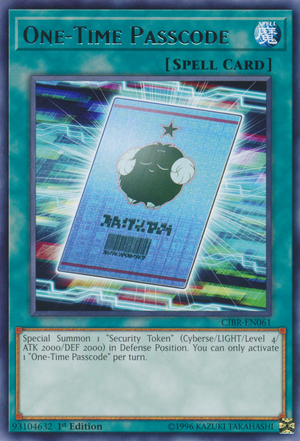keywarden
Central auth service.
Local Development
This project is written in Node.js stack.
Make sure to install print-env (requires Python) for environment variables loader to work.
Workflow
Login
GET /login?user=<REQUIRED: email>&redirect=[OPTIONAL: redirect URL]
This adapts EQ's existing "passwordless" login process, generates OTP (one-time passcode) and send to user through email (as both "magic link" and the plaintext passcode). The OTP is product-agnostic.
Optional redirect querystring parameter can be used for easy client side login workflow integration. The supplied URL will be kept exactly as submitted, except its user and otp querystring parameters will be enforced. For example, if the supplied redirect URL is:
https://overlord.eqworks.io/login?a=1&b=2&user=leo.li@eqworks.com
it'll become
https://overlord.eqworks.io/login?a=1&b=2&user=leo.li@eqworks.com&otp=<OTP generated>
when it's sent as the "magic link" through email.
Upon receiving this, the requesting client should make GET /verify request on user's behalf with the given user and otp.
Verify OTP
GET /verify?user=<REQUIRED: email>&otp=<REQUIRED: one-time passcode>&reset_uuid=[OPTIONAL: 1|true]&product=[OPTIONAL: atom|locus]&timeout=[OPTIONAL: Number]
Upon receiving and validating the OTP obtained from the /login process, instead of having the requesting application to generate and maintain a "session", keywarden signs a stateless JWT (JSON web token) for the requesting product (default: 'atom') to use for further API access against overseer and alike.
If reset_uuid is supplied as a value of 1 or true, given user's jwt_uuid will be reset to a new value. This can be used to effectively invalidate all past tokens of given user.
If 'timeout' is undefined, then the generated JWT token will be set to expire in <JWT_TTL> seconds (90 days if this env var is undefined). Otherwise, if 'timeout' is defined and the caller is a privileged user, then the token will expire in 'timeout' seconds. Finally, if 'timeout' is negative and the caller is a privileged user, then the JWT token will be set to never expire. A privileged user is a user with either a 'mobilesdk' prefix, or a 'dev' prefix with full api access permissions and an @eqworks.com email address.
Confirm JWT
GET /confirm?light=[OPTIONAL: 1|true]&product=[OPTIONAL: atom|locus]
JWT supplied as Header 'eq-api-jwt'
This endpoint performs the following confirmation/validation:
- A preliminary
jwt.verifyagainst the secret that signed the token. - A check that the jwt was issued for the referenced
product(default: 'atom') - If
lightis not supplied or not a value of1ortrue, a further integrity check against the user database will be performed.
Refresh JWT
GET /refresh?reset_uuid=[OPTIONAL: 1|true]&product=[OPTIONAL: atom|locus]
JWT supplied as Header 'eq-api-jwt'
This is designed to be a simple and not so rigorous mechanism to refresh a given JWT with a new JWT (new expiration). Mostly targeted for use cases to extend expiration. See https://stackoverflow.com/a/26834685/158111 as a vague guideline on the application implementation side on when and how to utilize the refresh mechanism.
Behavior-wise it's almost identical to the /confirm endpoint except that on (confirmation) success, a new token is signed and responded, instead of a mere confirmation.
And same as /verify endpoint, optional reset_uuid can be used to reset JWT UUID and thus effectively invalidate all past tokens.
